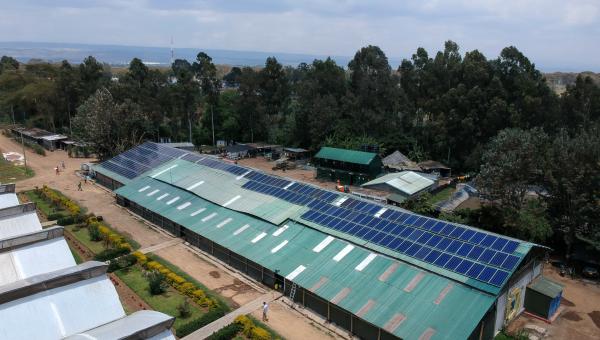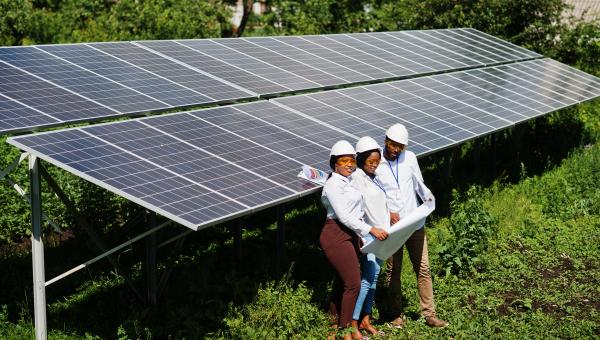
Crisis response and resilience in Nigeria
Speed, effectiveness and predictability
As the world faces unprecedented levels of humanitarian need, there seems to be no end to many crises. The average amount of time people worldwide live in displacement is now 17 years and the average conflict lasts for seven years. Natural disasters occur more frequently and are more intense, with 1.7 billion people affected over the last decade – most of them living in poverty.
Working alongside humanitarian and peacebuilding actors, UNDP helps affected communities return to sustainable development as soon as possible, while building resilience to future shocks.
In Depth
The objective of the Nigerian Crisis and Resilience Response Programmes are to strengthen the resilience of refugees, host community members, and relevant national institutions to cope with and recover from the impact of the crisis.
To support Nigerians, host communities, partners and institutions to better cope with and recover from the impact of displacement, UNDP implements Crisis Response and Resilience Programmes. These programmes promotes a resilience-based development approach and complements humanitarian assistance. Their main objectives are to enhance self-reliance of Nigerians and strengthen institutional capacities of local and national partners to be able to respond to the increase in demand for public services. The key aspect of UNDP’s resilience response strategy is to invest in existing national and local systems to ensure they can adequately serve both host and Nigerian communities by focusing on three major areas:
- Livelihoods, Employment and Local Economic Development,
- Security and Service delivery
- Social Cohesion, Empowerment and Protection.

 Locations
Locations


